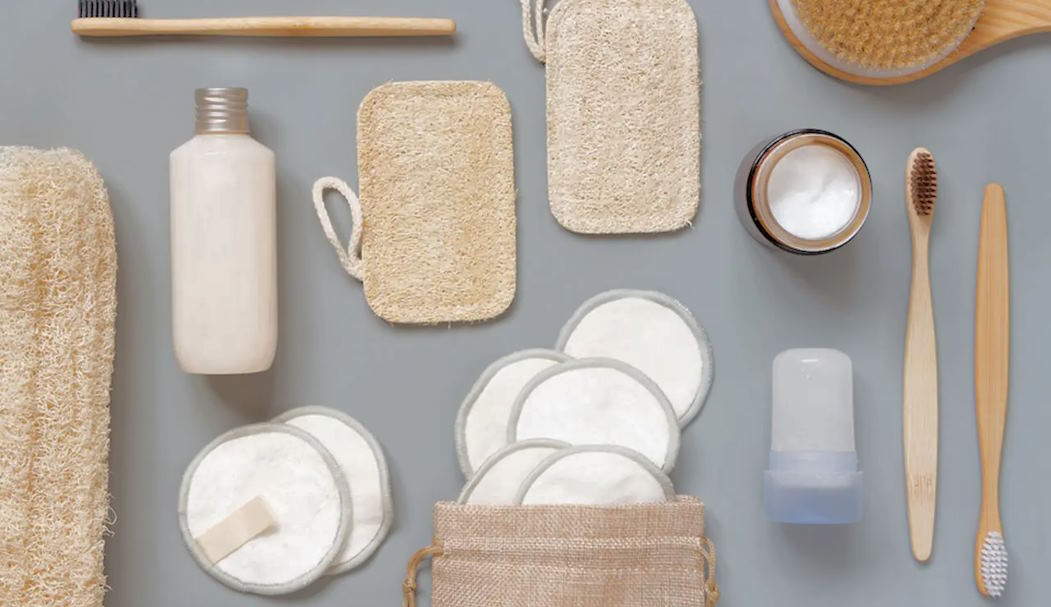Cruelty-Free Beauty: A Guide to Ethical and Sustainable Products

The allure of beauty should not come at the cost of harm to animals or the environment. With an increasing number of individuals embracing a compassionate lifestyle, the beauty industry is witnessing a paradigm shift towards cruelty-free and sustainable products. As we delve into the world of ethical beauty, it becomes apparent that the choices we make in our daily beauty routines can have profound implications for the planet and its creatures.
The Impact of Animal Testing
Ethical Concerns and Animal Welfare Issues
The use of animals in cosmetic testing has long been a contentious issue, raising profound ethical concerns and prompting a reevaluation of industry practices. Advocates of cruelty-free beauty argue that subjecting animals to testing for the sake of cosmetics is ethically unjustifiable, considering the sentient nature of these beings. From rabbits enduring painful eye irritancy tests to mice subjected to lethal doses of substances, the toll on animal welfare is undeniable. As consumers become more conscious of the ethical implications, the beauty industry is under increasing pressure to adopt alternatives that spare animals from unnecessary suffering.
Alternatives to Animal Testing
- In Vitro Testing
In vitro testing, which involves experimenting on cells or tissues outside of a living organism, has emerged as a promising alternative to traditional animal testing. This method not only offers more accurate results relevant to human biology but also eliminates the need for subjecting animals to distressing experiments. In vitro testing represents a significant stride towards ethical beauty practices, providing a viable option for assessing the safety and efficacy of cosmetic products without compromising the welfare of living beings.

- Computer Modeling
Advancements in technology have paved the way for computer modeling as another alternative to animal testing. Through sophisticated simulations, researchers can predict the impact of substances on human biology, allowing for comprehensive analyses without the ethical baggage of animal experimentation. This approach not only enhances the accuracy of predictions but also aligns with a growing commitment to cruelty-free practices, signaling a positive shift towards a more compassionate and responsible beauty industry.
Sustainable Beauty Practices
Importance of Sustainability in the Beauty Industry
In an age where environmental consciousness is a driving force, the beauty industry is stepping into a new era marked by a commitment to sustainability. Recognizing the ecological impact of beauty products, consumers are increasingly seeking sustainable alternatives that align with their values. Beyond the pursuit of flawless skin or luscious locks, the beauty industry’s responsibility now extends to the preservation of our planet. The importance of sustainability lies not only in the reduction of environmental harm but also in fostering a harmonious relationship between personal care and planetary well-being.
Sustainable Sourcing of Ingredients
Sustainable beauty begins at the roots – the sourcing of ingredients. Ethical brands are redefining beauty standards by ensuring that the production of their products does not contribute to deforestation, habitat destruction, or exploitation of local communities. By opting for responsibly sourced ingredients, the beauty industry not only supports biodiversity but also promotes fair and ethical practices throughout the supply chain.
Eco-friendly Packaging and Reducing Waste
-
 Biodegradable Packaging
Biodegradable Packaging
One of the pivotal aspects of sustainable beauty lies in reimagining packaging materials. Biodegradable packaging, crafted from materials that naturally break down over time, addresses the issue of excessive plastic waste. Embracing biodegradability not only minimizes the environmental footprint but also emphasizes the industry’s commitment to a circular economy.
- Refillable Containers
Enterprising a sustainable future, many beauty brands are championing refillable containers. These innovative designs reduce the need for excessive packaging while allowing consumers to replenish their favorite products, minimizing the generation of single-use waste. Refillable containers exemplify a shift towards a more conscious and responsible beauty industry, where sustainability and indulgence coexist harmoniously.
